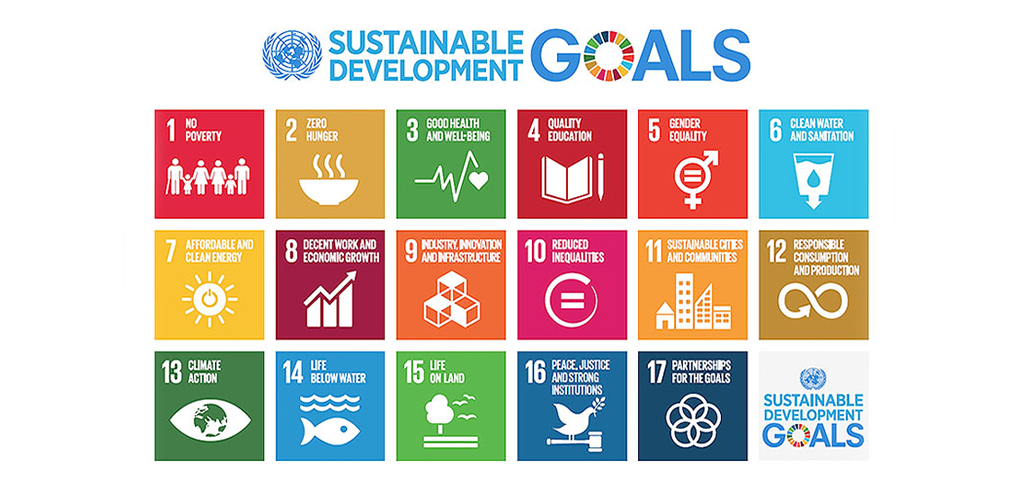The term “ESG” (Environment, Social & Governance) refers to the 3 criteria about environment, society and corporate governance that can affect a business organization’s ability to generate value. Through indicators that record the performance of the organization in these matters, its ability to create value and organize effective strategies is captured. The information extracted from ESG is used to examine the resilience and readiness of a company to manage changes in the environment in which it operates.
To make good use of ESG information, some important factors must be identified:
- define the success of a business
- affect its performance
- affect its ability to generate value and implement effective strategies
ESG indicators are linked to all 17 international goals established by the United Nations. The Sustainable Development Goals as they are called define the 17 areas where a positive change is needed and, in this way, offer the framework for the support and operation of ESG.

Biosafety takes over the management of this complicated process for companies, helping them to draw useful conclusions and actions that will facilitate their smooth operation and improve the quality of their work.
The steps we follow:
- Identification of the ESG criteria required in each sector in which a company operates
- Collection of the required data for each of the above criteria
- Preliminary analysis of the above data
- Meeting with the company’s Management department and presentation of the above analysis, with the aim of adapting it to the needs of the company
- Implementation of the final analysis of the degree of alignment with the selected ESG criteria (with quantitative and qualitative criteria)
- Detailed report of the results with proposed measures to improve the degree of harmonization
- Continuous monitoring and consulting on changes in legislation and criteria
